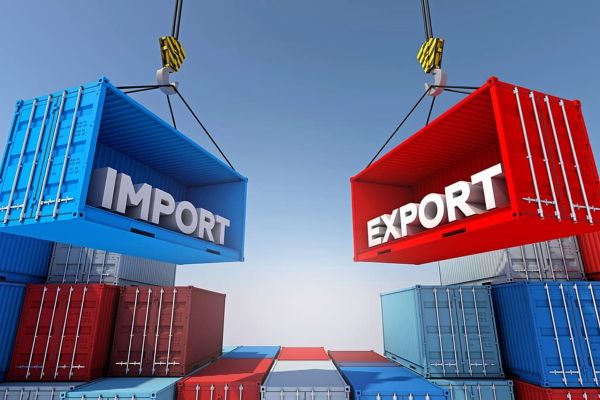Import substitution key to economic growth – Experts
Government needs to support local industries
 Nigeria possesses immense economic potential, yet imports have continued to increase.
Nigeria possesses immense economic potential, yet imports have continued to increase.
In 2023, imports reached a staggering N35.92 trillion, according to the National Bureau of Statistics (NBS), straining foreign reserves and impacting the overall economy.
This trend prompted the government, over the years, to implement an import substitution policy designed to encourage local production.
This aims to protect nascent industries from global competition, allowing them to gradually improve and become competitive alternatives.
Engineers advocate local manufacturing, reduced importation
Although the government may have trade agreements with other sovereign nations, which could pose significant challenges to the country’s import substitution strategy, some experts have proposed solutions to reposition the economy.
Prof. Tunde Adeoye of the Department of Economics, University of Lagos, said that government needs to support local industries as a means to promote import substitution.
“The government should initiate stable macroeconomic policies that will stimulate the growth of domestic industries and facilitate the local production of import-substituted commodities.
“This will reduce the volume of imports and encourage export orientation,” Adeoye said.
He stressed the need for the government to strengthen its import substitution strategy, emphasising its potential to boost the domestic economy.
“Besides enhancing the overall economy, the policy will create employment opportunities for the teeming youth, and the social ills in the country may begin to ameliorate,” Adeoye added.
He suggested that the government should prioritise the import substitution policy as it has the capacity to enhance the country’s domestic production capabilities.
Dr Muda Yusuf, Chief Executive Officer (CEO) of the Centre for the Promotion of Private Enterprise (CPPE), underscored the importance of the import substitution policy for national development.
“Particularly, the establishment of more petrochemical plants locally is crucial because the country spends about 10 billion dollars annually on its importation.
“Having more of such plants is imperative to curb imports and reduce the pressure on the nation’s scarce foreign exchange,” Yusuf said.
He noted that government support for the manufacturing sector to effectively implement import substitution could revolutionise the economy.
“The government must provide appropriate policies that encourage manufacturers to backward integrate and reduce dependence on imported raw materials.
“This will automatically lower production costs and enable manufacturers to diversify into various value chains within the sector,” Yusuf added.
Mr Godwin Anono, President of the Standard Shareholders Association of Nigeria, described the import substitution strategy as the best approach for any emerging economy to achieve growth.
“Our country, and other developing nations, need to embrace this policy more to avoid being vulnerable to economic shocks.
“Issues such as rising inflation rates and currency fluctuations will be much easier to manage when there is less reliance on imported commodities,” Anono said.
He emphasised the need for the government to invest in critical infrastructure renewal to enable the import substitution policy to drive economic transformation.
“Ensuring reliable electricity and a functioning railway system is key to facilitating economic growth,” Anono added.












